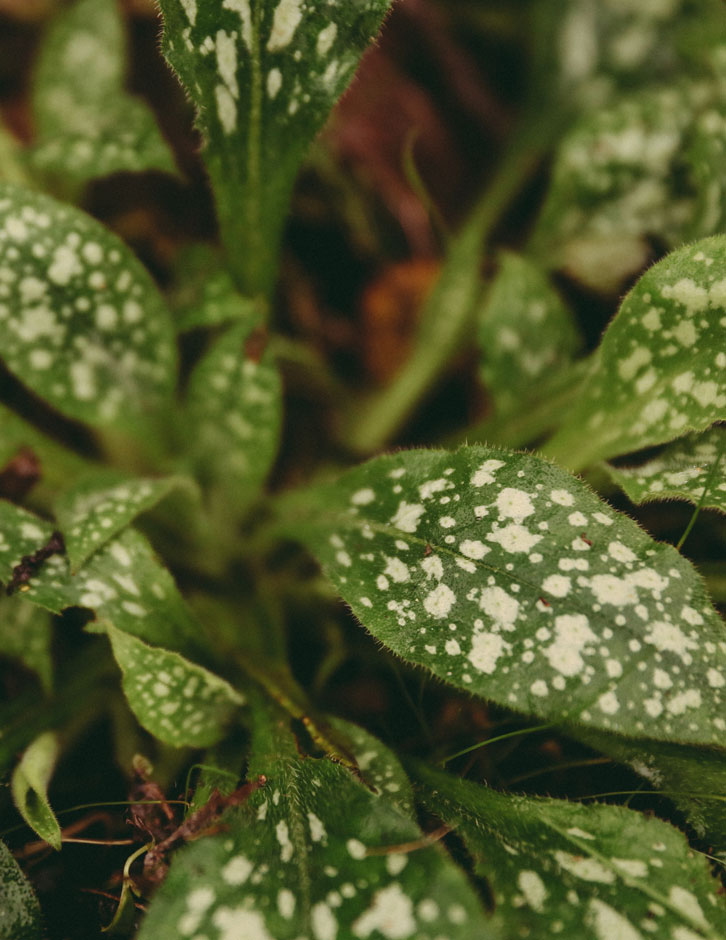Herbal medicine is the use of plants and fungi to treat illness. Humans have been using them since time immemorial. Nowadays, scientific research underpins much of what tradition has taught us. Over 7,000 modern drugs are based on plant compounds however the stripping away of individual compounds in order to standardise them is not how herbalists approach plant medicines. We know that many of the secondary compounds add to the complexity of the actions, providing protection from side effects, the ability to balance and ‘normalise’ body functions and both relay and rely on the innate intelligence of the plant.
Monica Wilde has a Masters degree in herbal medicine from the University of Central Lancashire. As a research herbalist she specialises on a specific aspect of herbalism. Her current speciality is the treatment of tick borne infections like Lyme (Borrelia burgdorferi) and co-infections Bartonella, Babesia and other species which are rising concommitantly with climate change and wildlife habitat destruction. More recently this has included other vector borne infections both viral, bacterial and parasitic – especially those that are antibiotic resistant.
Monica practices at the Napiers Lyme Clinic based at Napiers Bathgate, a Community Interest Company.
